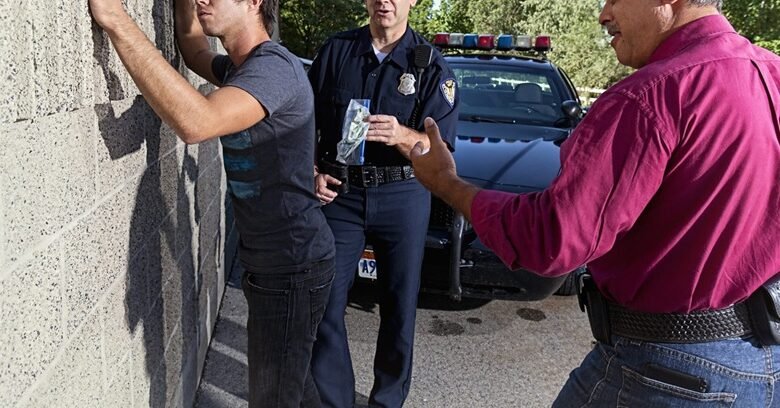How A Criminal Defense Lawyer Challenges Illegal Searches And Seizures

Every day, you navigate a world with rules meant to protect your rights. A criminal defense attorney steps in when those rules bend against you. Illegal searches and seizures violate your freedom. You deserve to know how these rights are upheld in court. A skilled attorney challenges these violations head-on. First, they examine how evidence was gathered. Were the police justified? Did they have a warrant? These questions hold power. Second, they scrutinize every detail of the situation. They search for inconsistencies or missteps by law enforcement. Third, they present these findings clearly and convincingly in court. This process holds authorities accountable and maintains the integrity of the legal system. Trust your attorney to champion your rights. You deserve justice and fairness. Remember, the Constitution stands to protect you. An experienced attorney ensures your voice is heard and your freedoms preserved.
Understanding Your Fourth Amendment Rights
The Fourth Amendment guards against unreasonable searches and seizures. It demands that any warrant be judicially sanctioned and supported by probable cause. This amendment protects your privacy and property from arbitrary government intrusion. When these rights are violated, it can lead to evidence being thrown out in court.
To understand how these rights work, consider the case of Mapp v. Ohio (1961). This landmark case established the exclusionary rule. It prevents evidence obtained in violation of the Fourth Amendment from being used in court. This rule is a powerful tool for protecting your rights against unlawful searches.
How Attorneys Challenge Illegal Searches
Your attorney employs several strategies to challenge illegal searches. First, they examine the warrant. Was it issued based on probable cause? Was it executed properly? If not, the search may be declared illegal.
Second, they consider consent. Did you give permission for the search? Consent must be voluntary. If you were coerced, any evidence found might be inadmissible.
Third, they evaluate the plain view doctrine. Officers can seize evidence in plain sight without a warrant. However, they must be legally present at the scene. If not, the evidence could be challenged.
Data on Search Warrant Violations
A study by the Bureau of Justice Statistics highlights the frequency of search warrant violations. These violations often lead to crucial evidence being dismissed:
| Year | Total Searches | Violations Found | Percentage of Violations |
| 2018 | 2,000 | 400 | 20% |
| 2019 | 2,500 | 500 | 20% |
| 2020 | 3,000 | 600 | 20% |
This data shows that a significant portion of searches may violate legal standards. Knowing this, you should understand that you have the right to challenge any evidence gathered unlawfully.
Making Your Case in Court
Once evidence is challenged, the court must determine its admissibility. Your attorney will argue these points convincingly. They might point out discrepancies in police reports or witness testimonies. They will emphasize the importance of upholding constitutional rights.
The goal is to prevent unlawful evidence from influencing your case. If successful, this can lead to charges being reduced or even dismissed. Staying informed and vigilant helps you protect your rights throughout this process.
Why Legal Expertise Matters
Having a knowledgeable attorney is crucial. They navigate complex legal landscapes with skill. They know the ins and outs of the Fourth Amendment. Their experience can make a significant difference in the outcome of your case.
Furthermore, they provide peace of mind. Knowing your rights are being defended by an expert reduces stress and uncertainty. It ensures that your case receives the attention and dedication it deserves.
Conclusion
Challenging illegal searches and seizures is a critical part of the legal process. A criminal defense attorney plays an essential role in defending your rights. By understanding the legal framework and examining every detail, they ensure justice is served. Remember, your rights are worth defending. Stand firm, be informed, and trust in the legal process to safeguard your freedoms.


